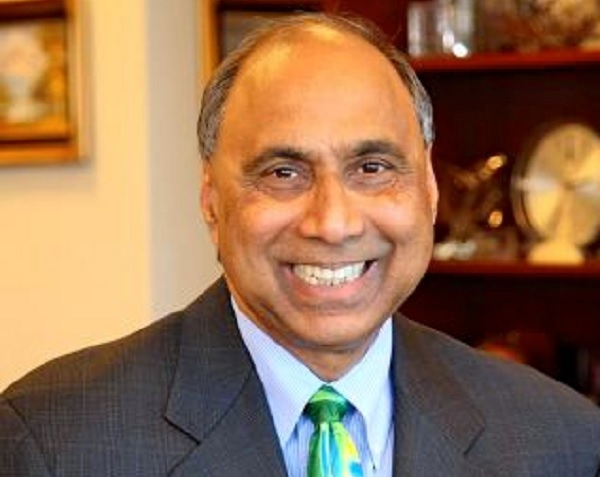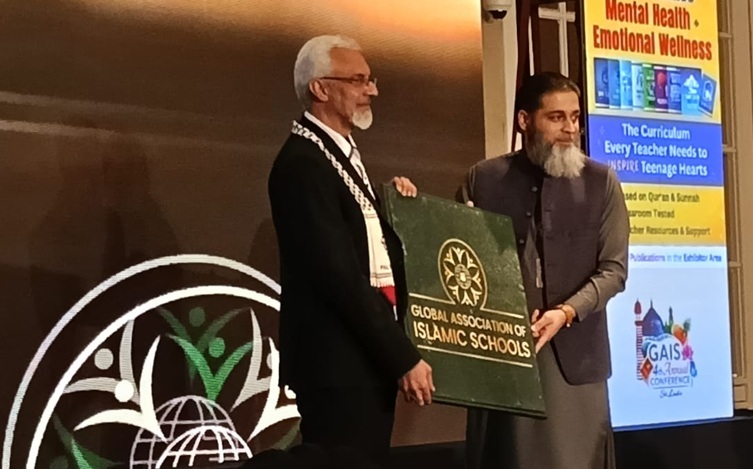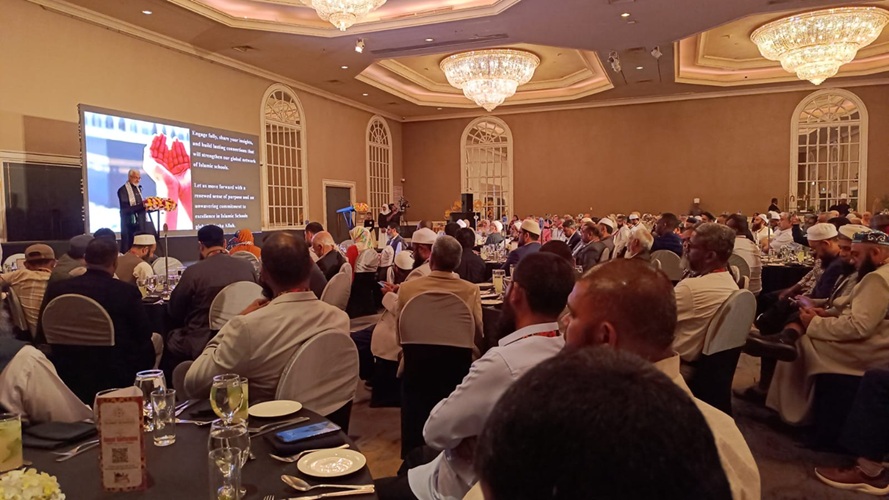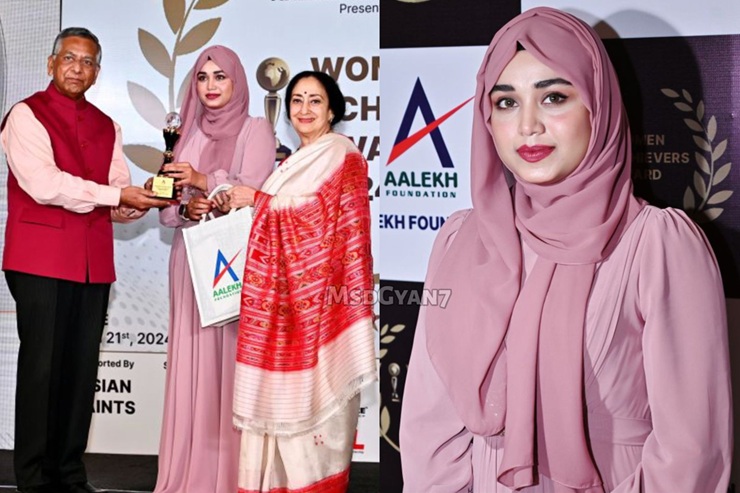By Aziz Haniffa,
Washington, D.C. : Philanthropy by itself is nothing without purpose and so combining the two — into purposeful philanthropy — is the path that best ensures success both in India and the U.S., according to former IT entrepreneur Frank Islam.
“Purposeful philanthropy is making investments directed at creating a difference in pivot point areas that matter to the future of society. The returns on those investments are changes to problematic conditions and/or the creation of individuals who will become change agents to address those conditions,” he said in his address to the Indiaspora philanthropy summit in Georgetown on July 17. He said the distinction between charity and purposeful philanthropy is “critical” because, in his opinion, the focus of charity “is to provide a handout. The focus in purposeful philanthropy is to provide a hand-up and to enable and empower people by giving them a helping hand.”
He said it was imperative that members of Indiaspora recognize “a dual obligation in the goals of this organization— goals that call upon us to collaborate to forge stronger bonds between India and the United States and to build stronger capabilities in both countries.” That includes aiding under privileged Indian-Americans and Indians by redefining the philanthropic model. That’s where “purposeful philanthropy” comes in. Islam said he was not disowning charity, acknowledging that “there certainly must be charitable support and assistance to address the needs of the socially and economically disadvantaged and natural disasters.” But charity by itself does not address root causes or change any underlying needs, he said.
“Purposeful philanthropy concentrates on improving circumstances and conditions. This hand-up approach can take a wide range of forms, ranging from eliminating contaminated water that poisons those who drink or bathe in it, to enhancing the safety of working conditions and to developing the requisite knowledge, skills, abilities, attitudes and behaviors for a person to be successful in life,” he said. He said the pivot point areas — areas that can be leveraged and effectively addressed to effectuate change and achieve positive outcomes — for purposeful philanthropy “are virtually endless.”
His own priorities, he said, are in education, arts, world peace and civic engagement.
“I have chosen those areas because they are important to me and because I know that improvement in them can make a meaningful and substantial difference.” Philanthropic investments in education are a no-brainer, he said: Education is not only a bridge to the future but an “opportunity creator.” He has supported many scholarships at colleges in the U.S. and India, including the George Mason University in Virginia. Last year he and his wife, Debbie invested $2 million for the Frank and Debbie Islam Management Complex at Aligarh Muslim University, his alma mater.
Islam has also been a donor to the Kennedy Center for the Performing Arts and serves on its board. He has also given support to two of Washington’s leading think tanks, the U.S. Institute for Peace and the Woodrow Wilson Center. He has also supported media programs in the U.S., promoting an India connection with the Alfred Friendly Press Partners Scholarship to bring experienced journalists from India to work at a newspaper in the U.S., and study at the University of Missouri School of Journalism.
While pointing to the four pivot point areas that he has zeroed in for his purposeful philanthropy, Islam told the audience, “Each of us must choose the area or areas that matter for our philanthropy. The essential thing is to make that choice and to invest. The size of that investment isn’t what counts. The act of investment is not just financially, but also in non-financial aspects such as giving time, talent and ideas or being a volunteer.”






0 Comments